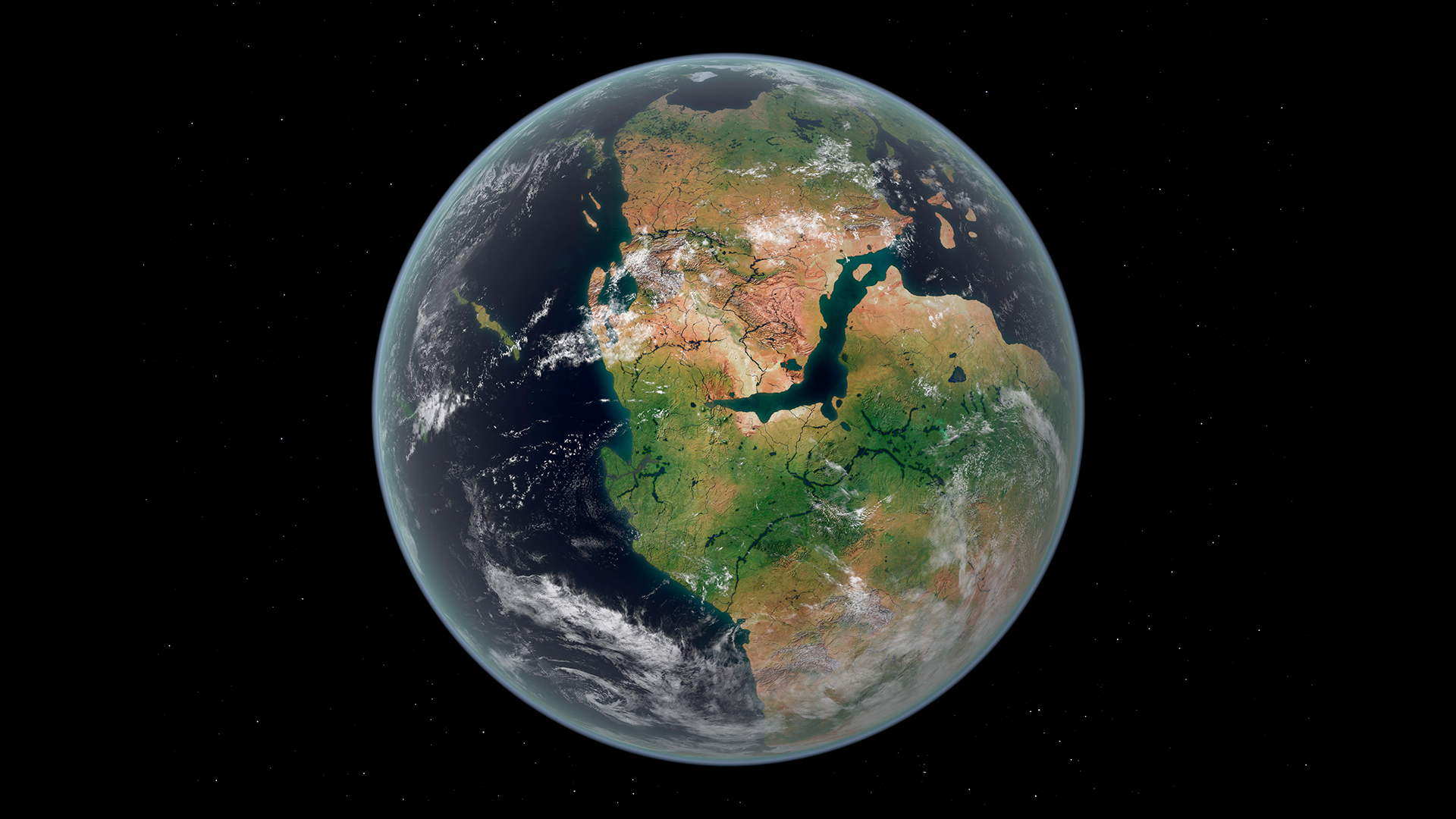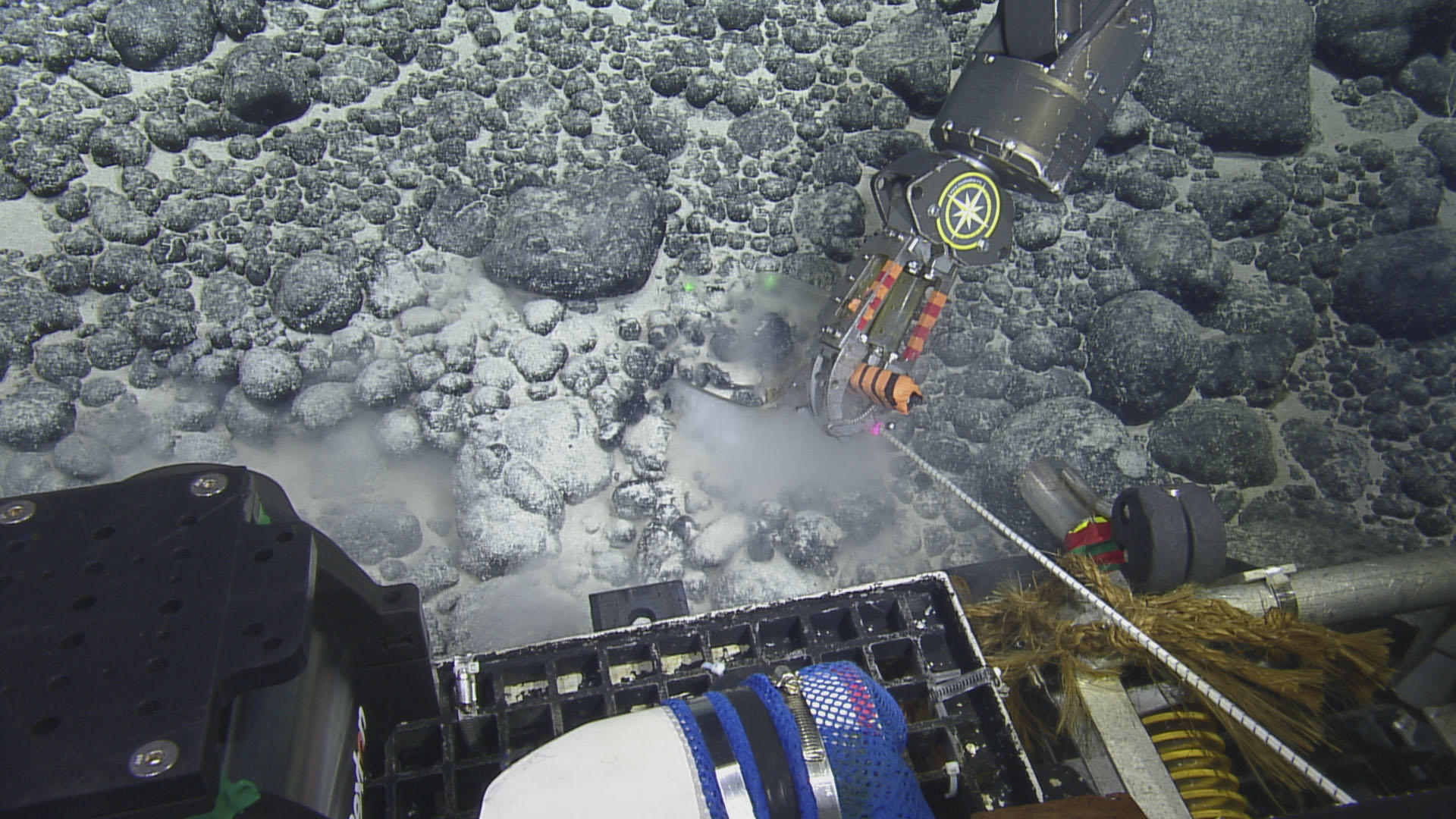
Patrick Pester
Patrick Pester is the trending news writer at Live Science. His work has appeared on other science websites, such as BBC Science Focus and Scientific American. Patrick retrained as a journalist after spending his early career working in zoos and wildlife conservation. He was awarded the Master's Excellence Scholarship to study at Cardiff University where he completed a master's degree in international journalism. He also has a second master's degree in biodiversity, evolution and conservation in action from Middlesex University London. When he isn't writing news, Patrick investigates the sale of human remains.
Latest articles by Patrick Pester
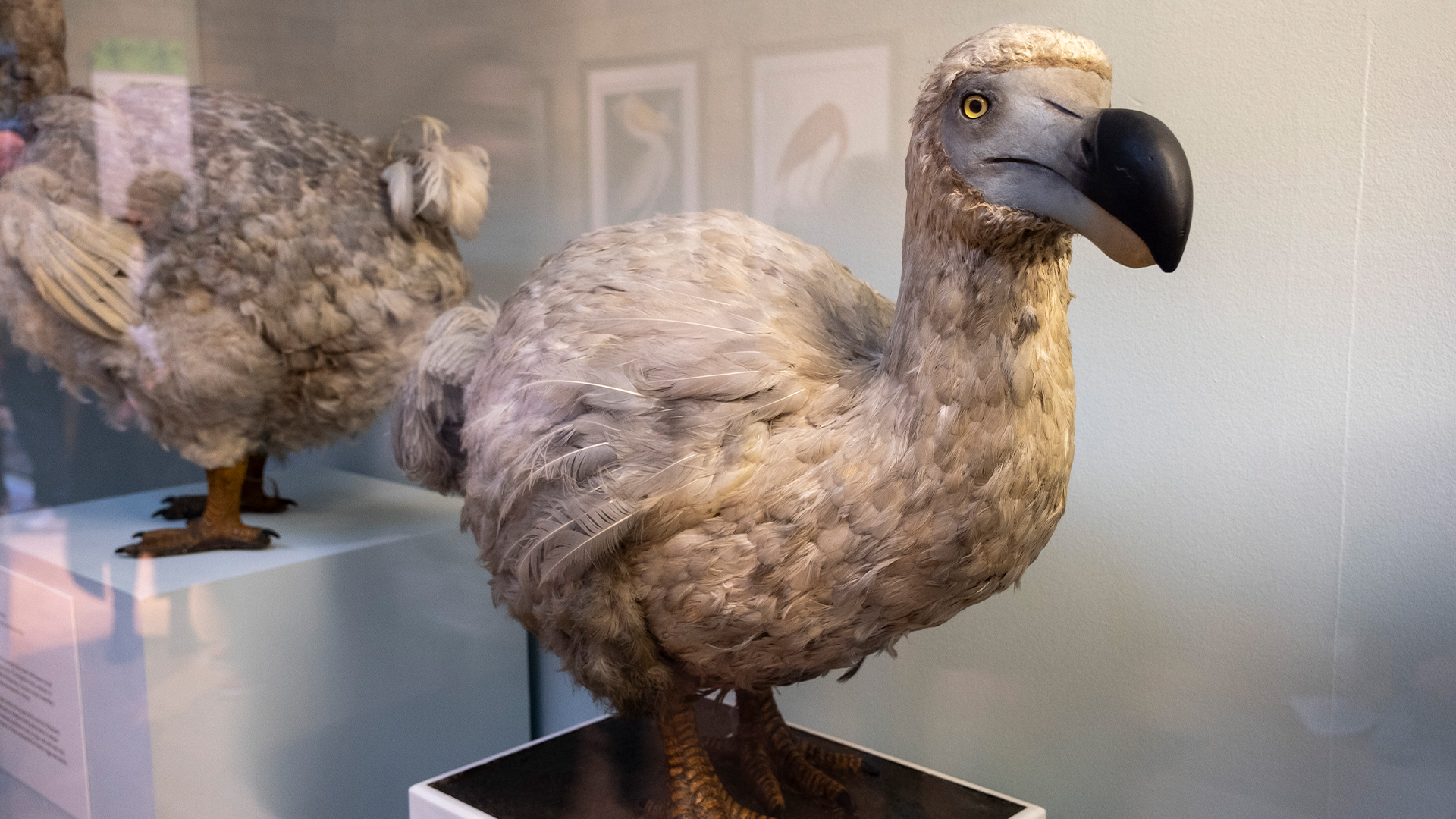
Are we in a 6th mass extinction?
By Patrick Pester published
If we continue on our current trajectory, the sixth mass extinction is inevitable and the times we're living through now will be part of that geological period.
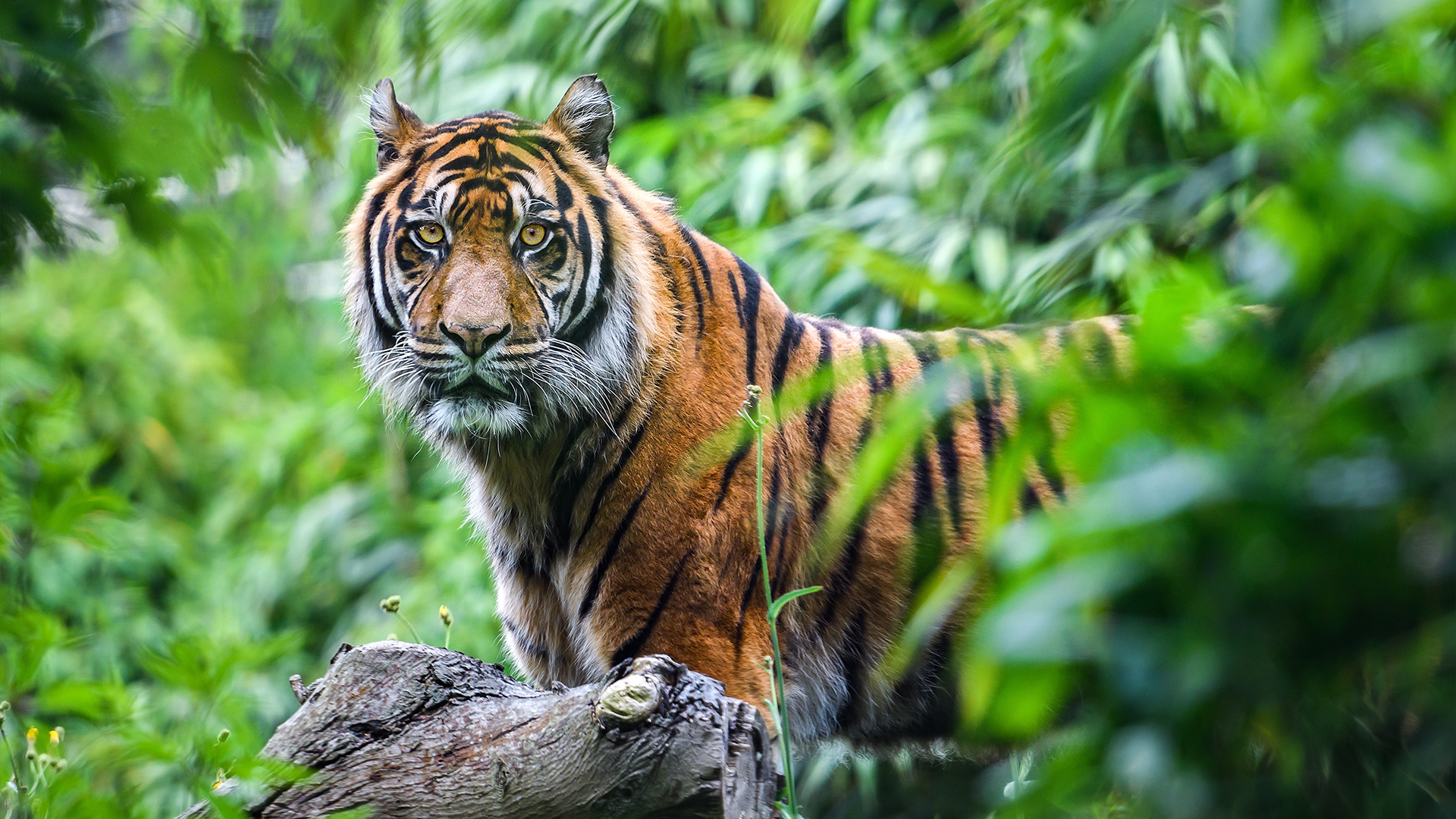
Is the Javan tiger back from extinction? New study ignites controversy.
By Patrick Pester published
Geneticists have critiqued a study suggesting extinct Javan tigers are still alive, but the search is just beginning.
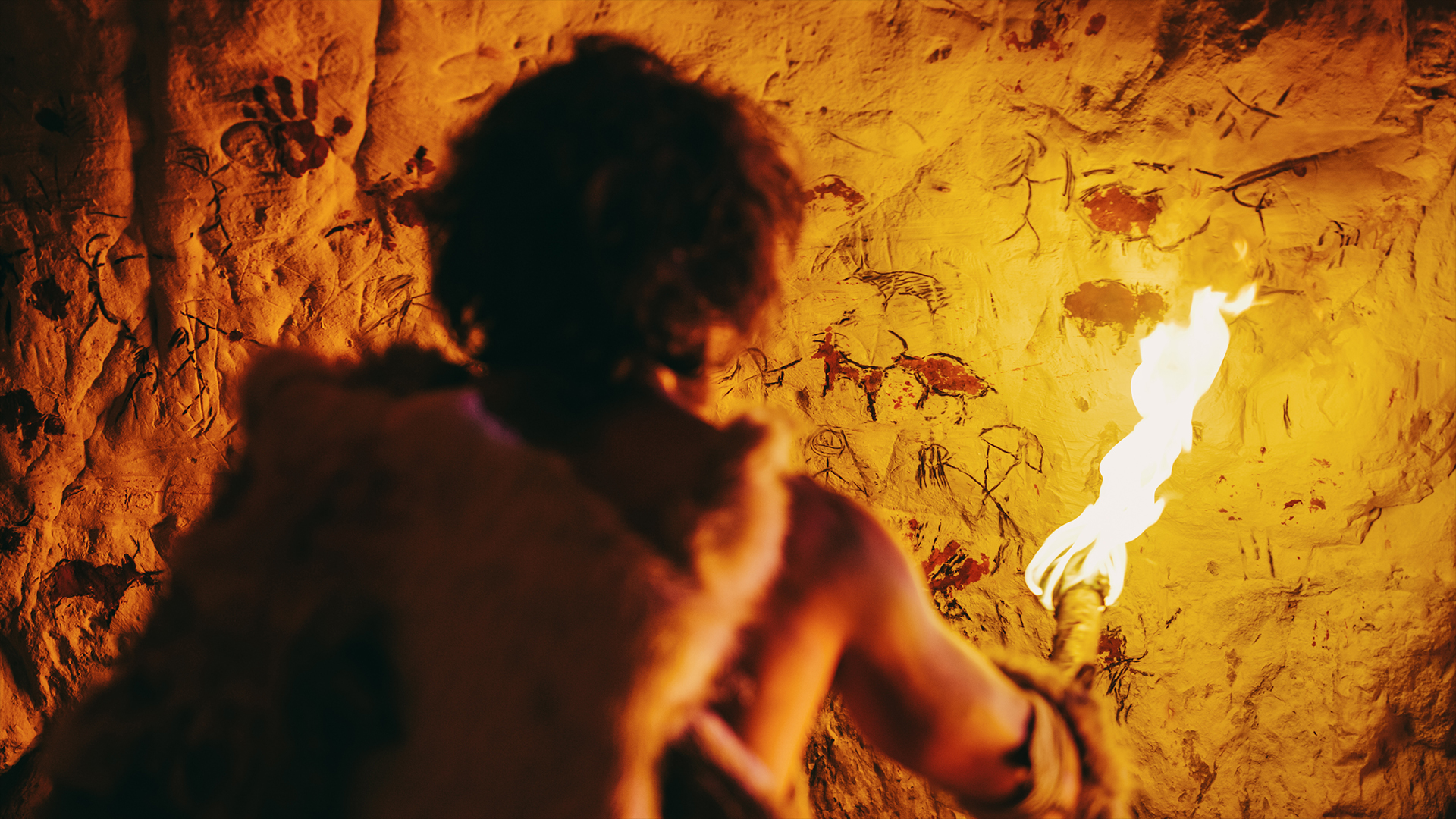
Why did Europe's hunter-gatherers disappear?
By Patrick Pester published
There are many mysteries surrounding Europe's hunter-gatherers, but farming played a role in their demise.
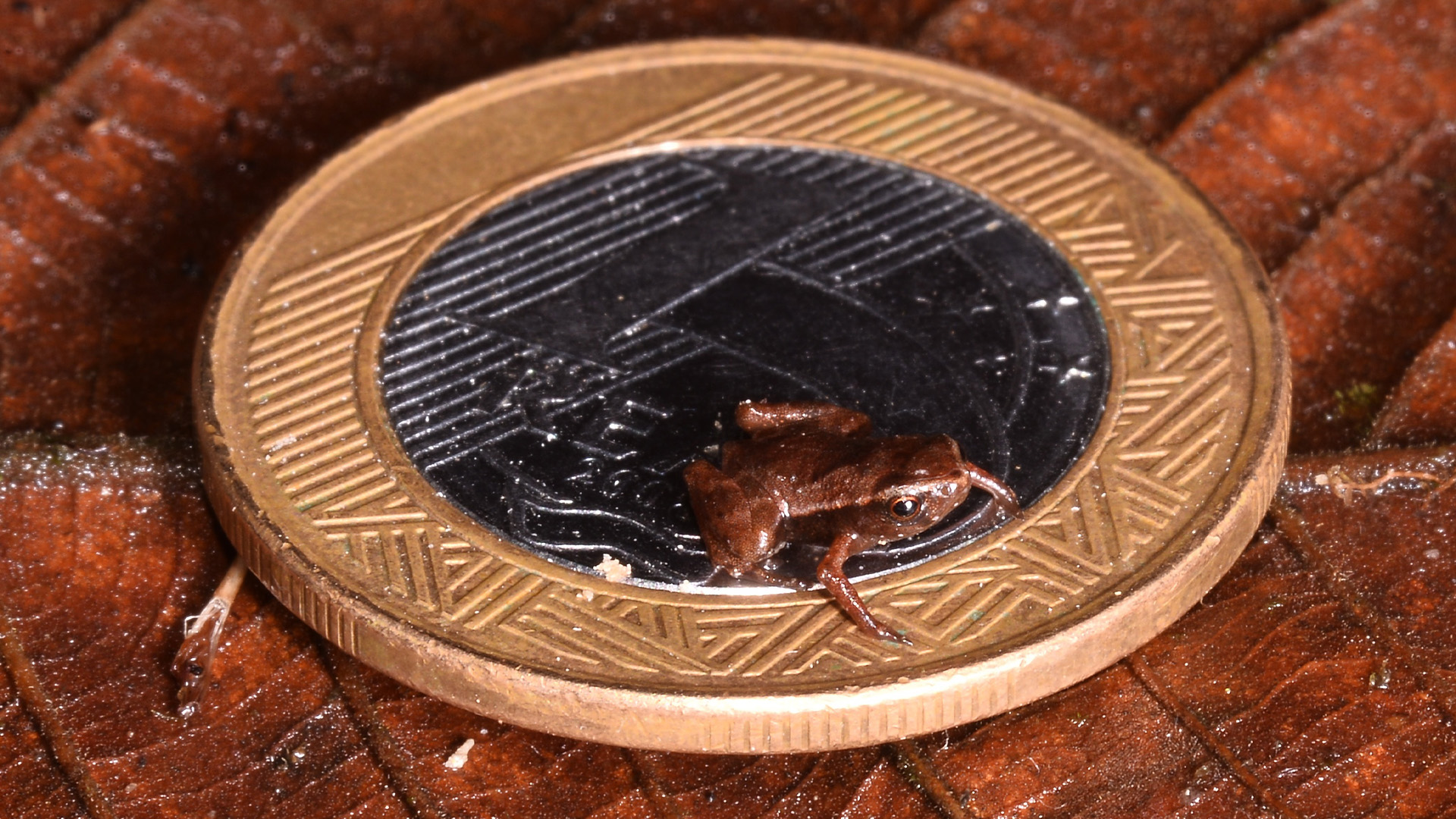
What is the smallest animal on Earth?
By Patrick Pester published
The prize for the smallest animal goes to a group of microscopic species.
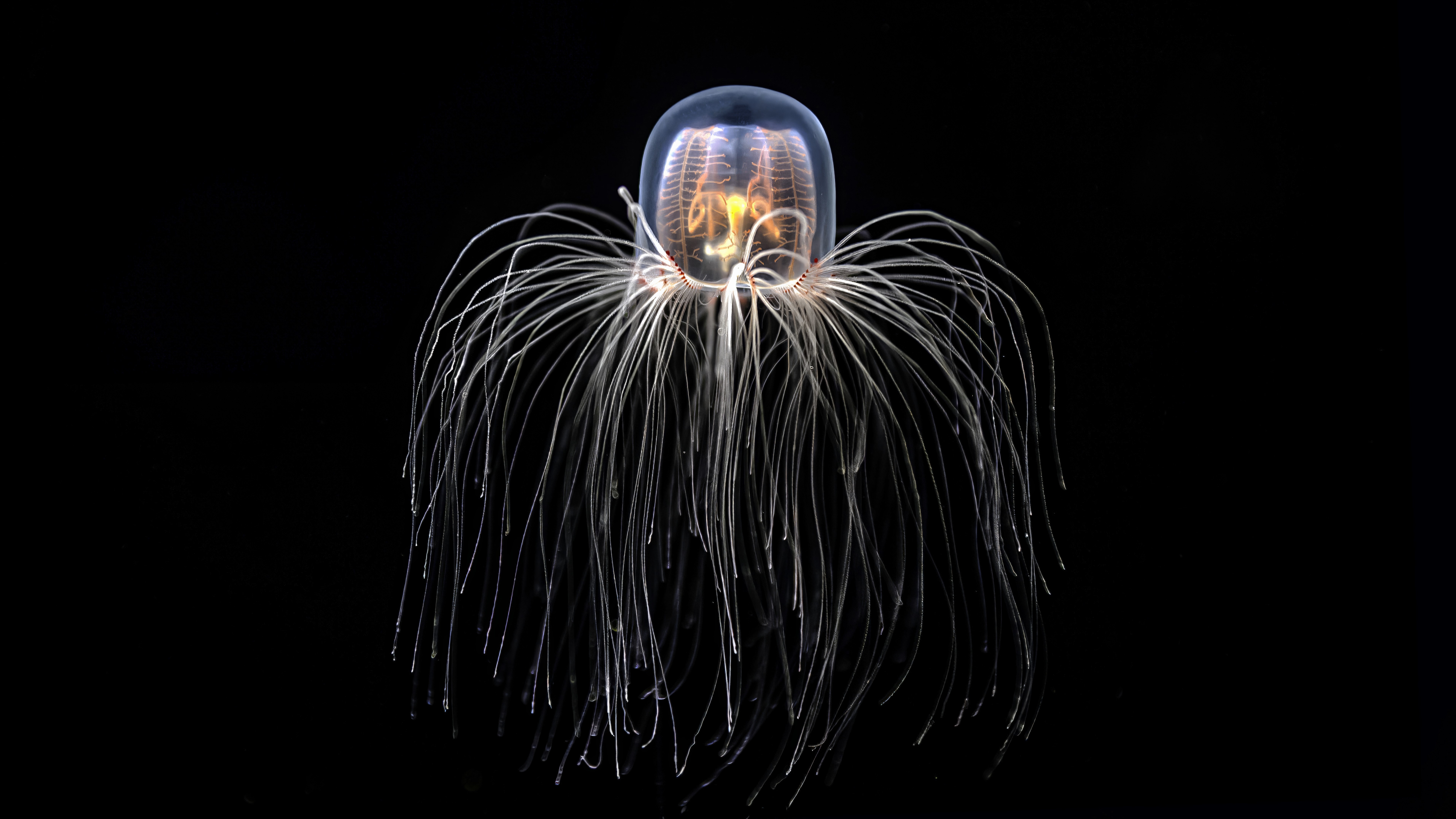
The longest-living animals on Earth
By Patrick Pester last updated
The longest-living animals can survive for centuries and millennia, even pausing the aging process altogether. Here are the longest-living animals in the world.

'Gambling with your life': Experts weigh in on dangers of the Wim Hof method
By Patrick Pester published
"What Wim Hof did is about the most dangerous thing you can do when you go into cold water."
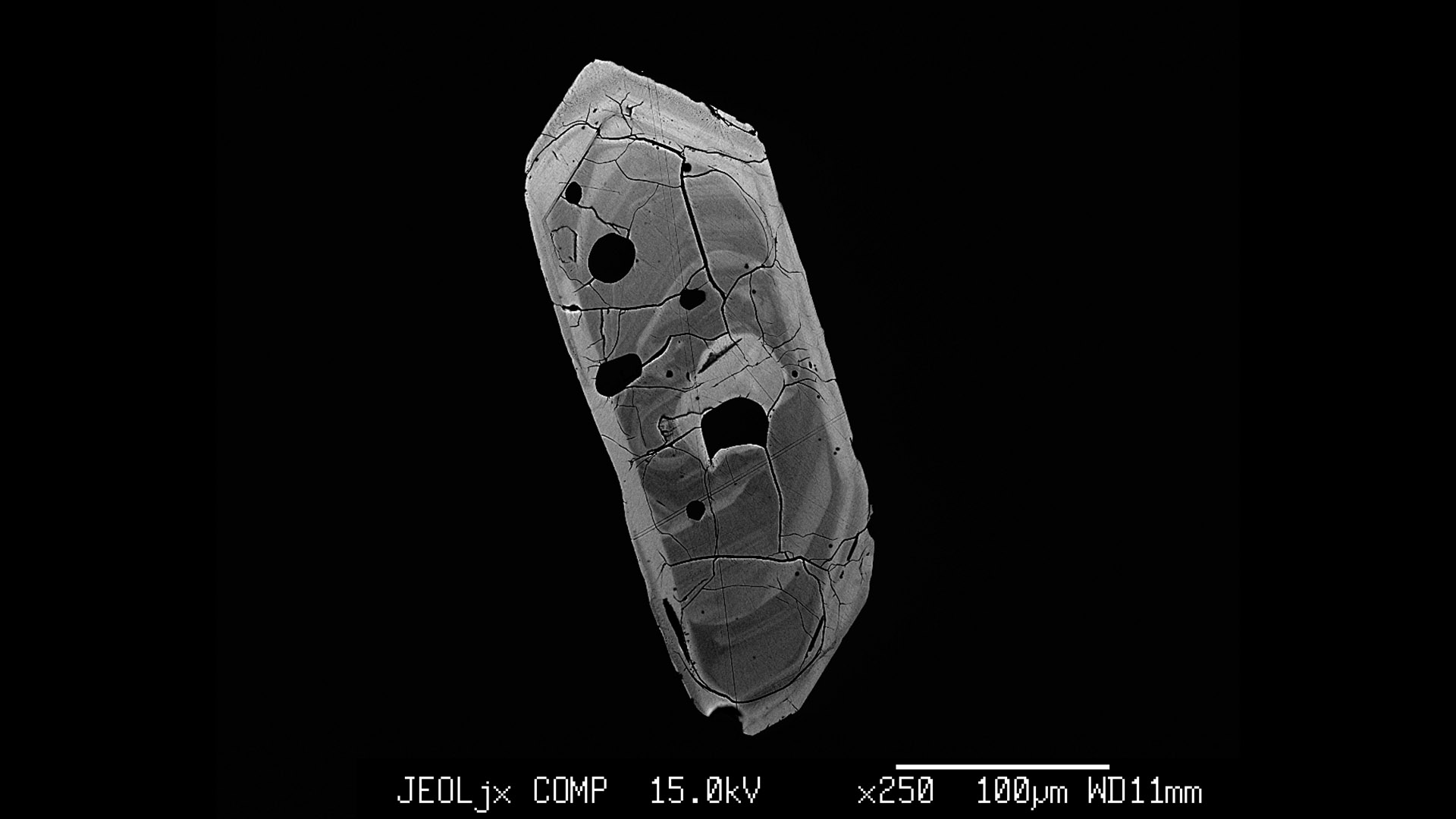
Hidden chunk of Earth's crust that seeded birth of 'Scandinavia' discovered through ancient river crystals
By Patrick Pester published
Finland's river crystals hold clues about the formation of 'Scandinavia's' oldest bedrock 3.75 billion years ago.
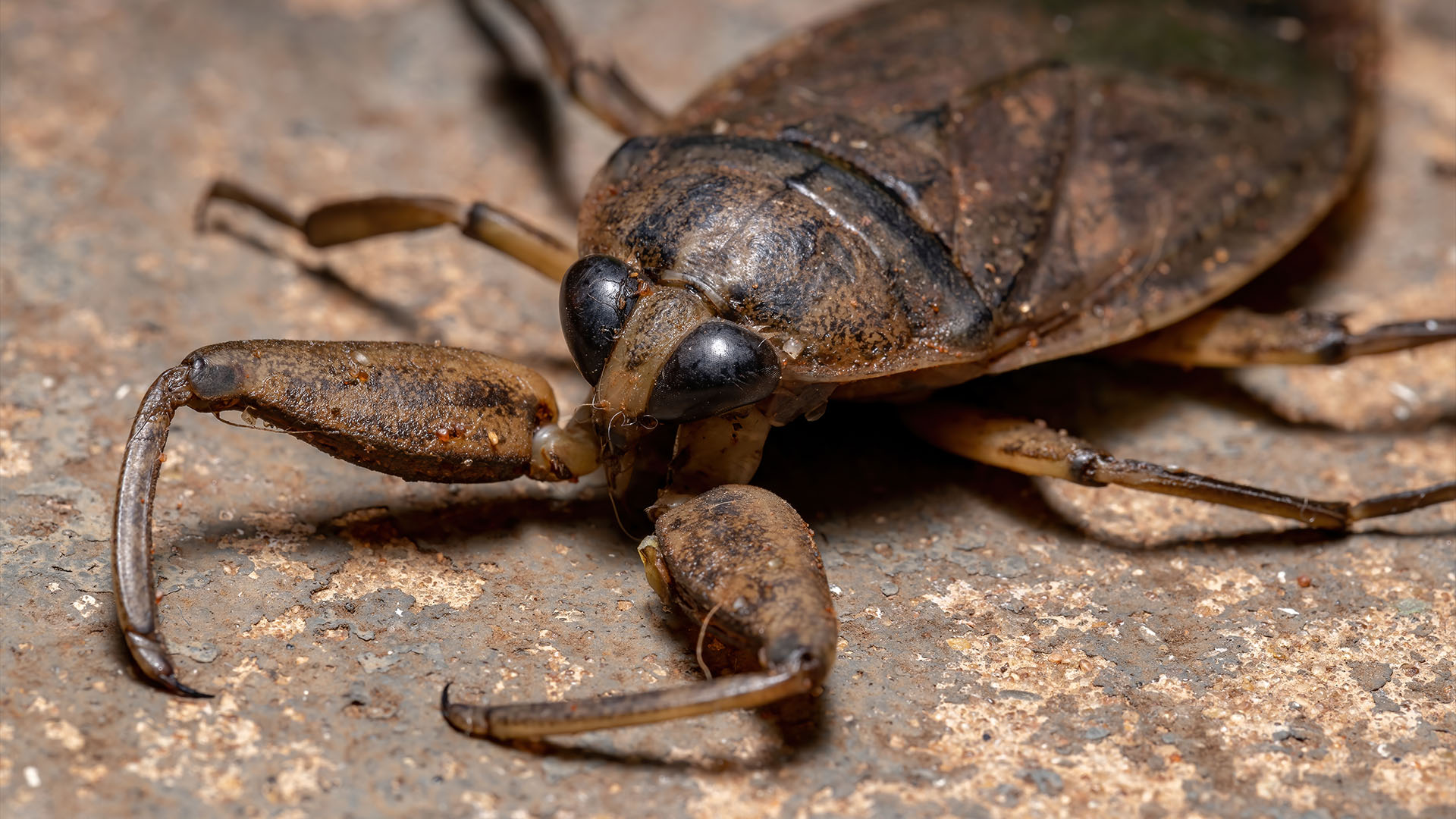
Giant 'toe biter' water bugs discovered in Cyprus for the 1st time
By Patrick Pester published
Scientists believe toe-biting giant water bugs have arrived in Cyprus from the mainland, but they're not sure why or how.
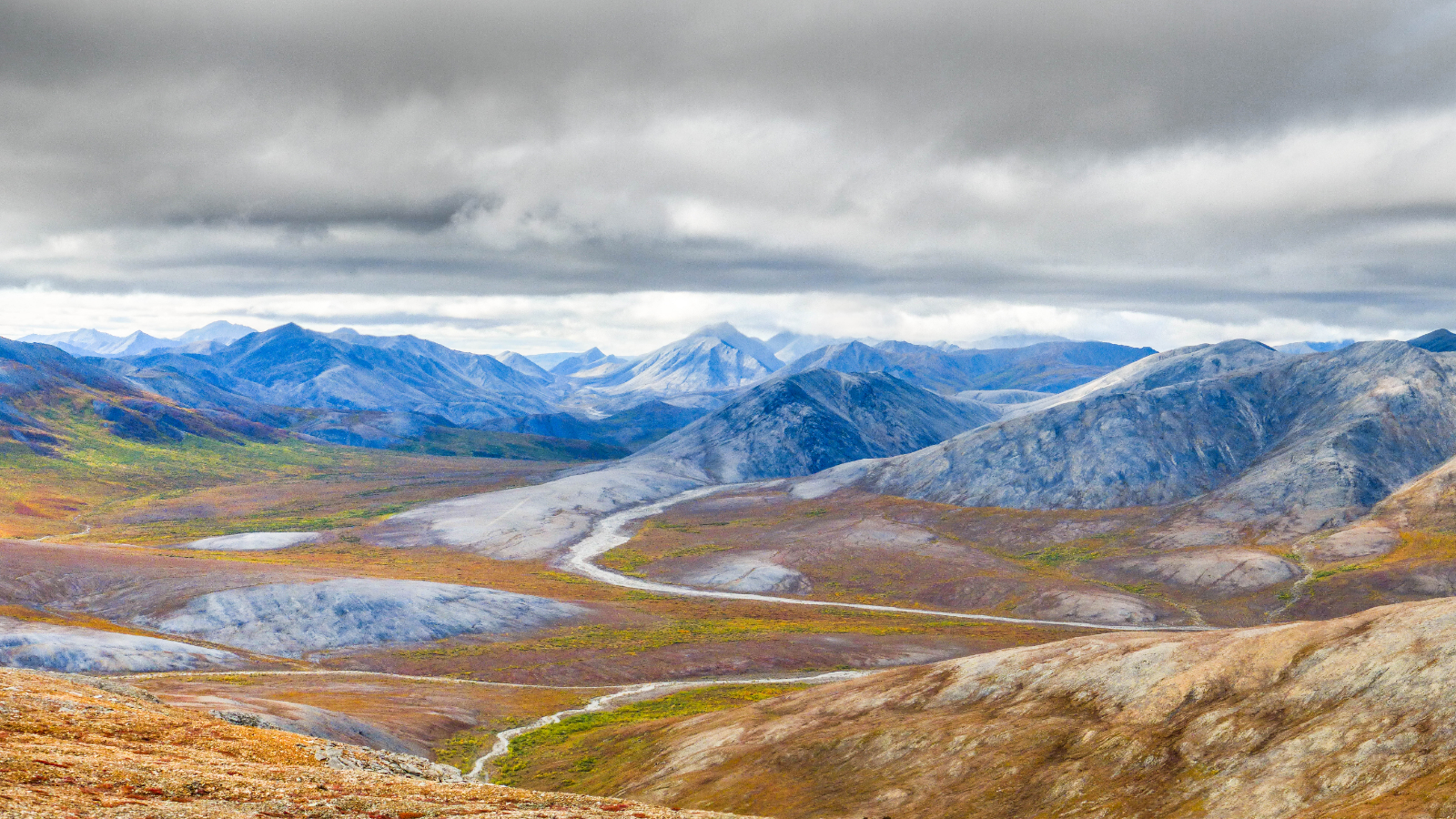
Like 'walking through the woods of millions of years ago': Ancient ecosystem brimming with dinosaur tracks discovered in Alaska
By Patrick Pester published
Fossilized footprints, tree stumps and feces discovered in Alaskan mountain foothills is a glimpse into life on Earth 100 million years ago.
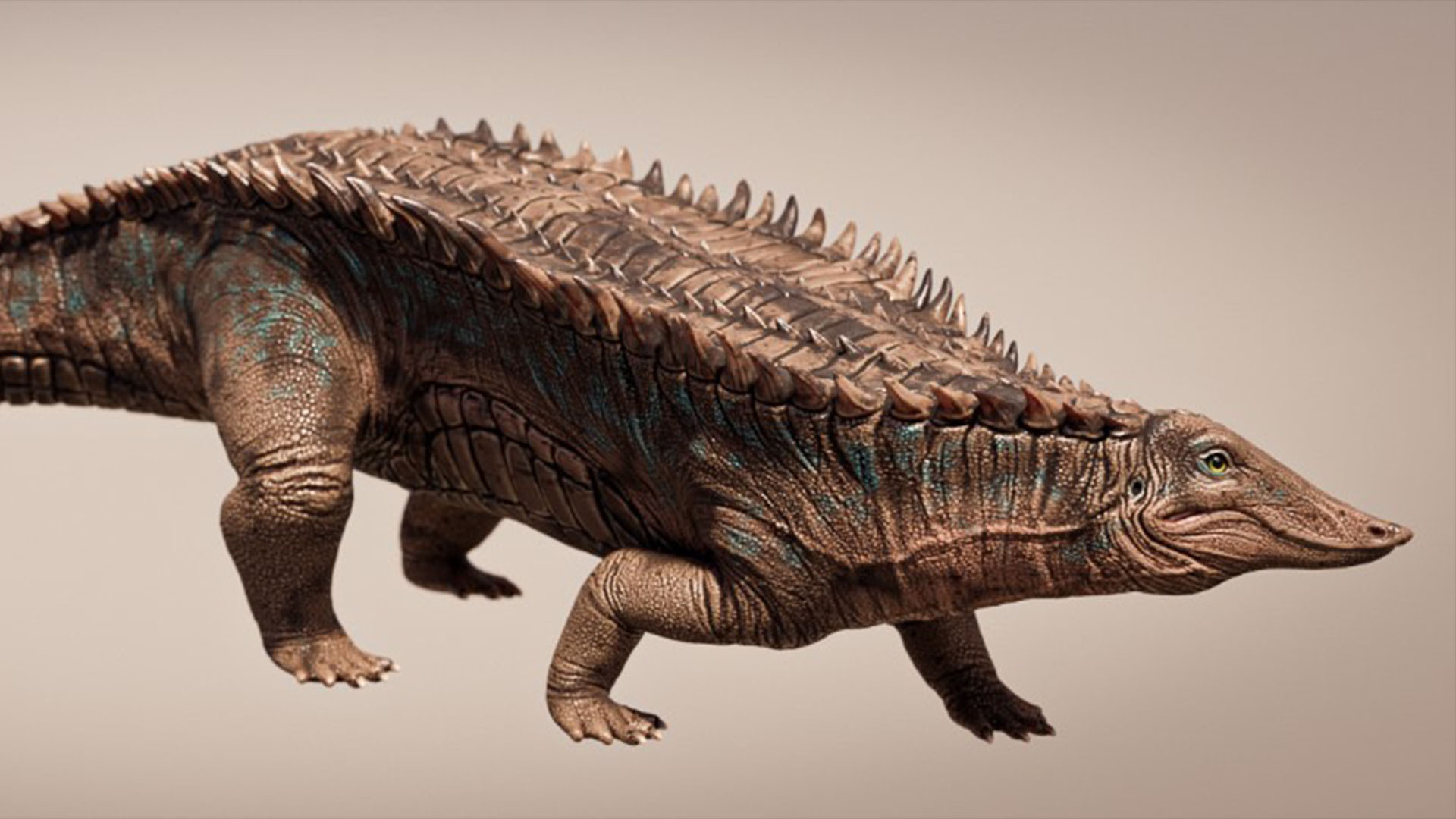
Triassic 'tank' unearthed in Texas was a croc cousin that lived 215 million years ago
By Patrick Pester published
Fossil discovered in 1989 found to be new species of aetosaur — a massive armored crocodile cousin that lived during the late Triassic.
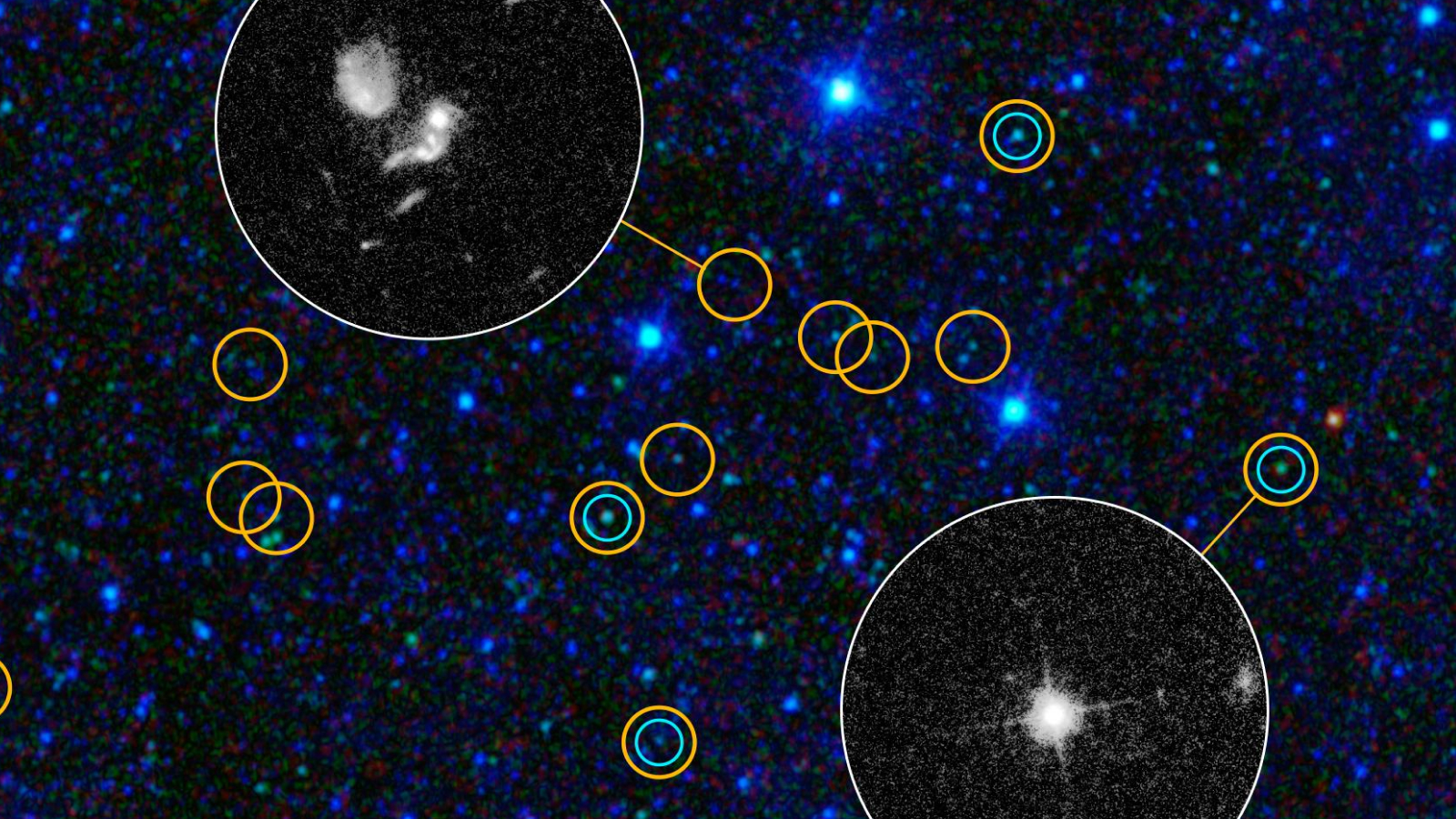
Scientists reveal largest map of the universe's active supermassive black holes ever created
By Patrick Pester published
A massive new 3D map of space includes more than 1 million supermassive black hole-powered quasars, which are among the brightest objects in the universe.
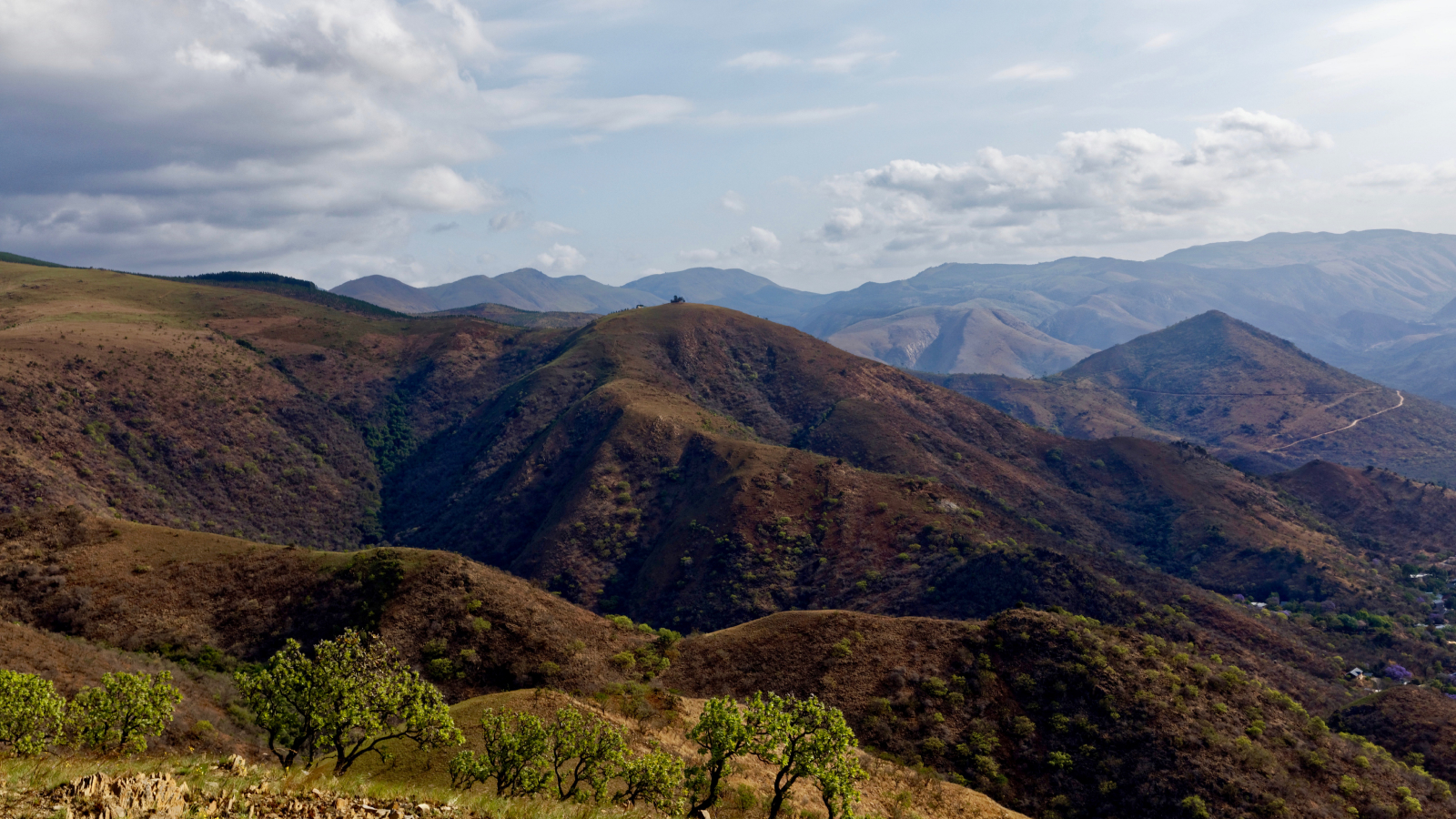
Oldest evidence of earthquakes found in strange jumble of 3.3 billion-year-old rocks from Africa
By Patrick Pester published
Geologists have found that the rocks of the Barberton Greenstone Belt are similar to those subjected to earthquakes and landslides in New Zealand.
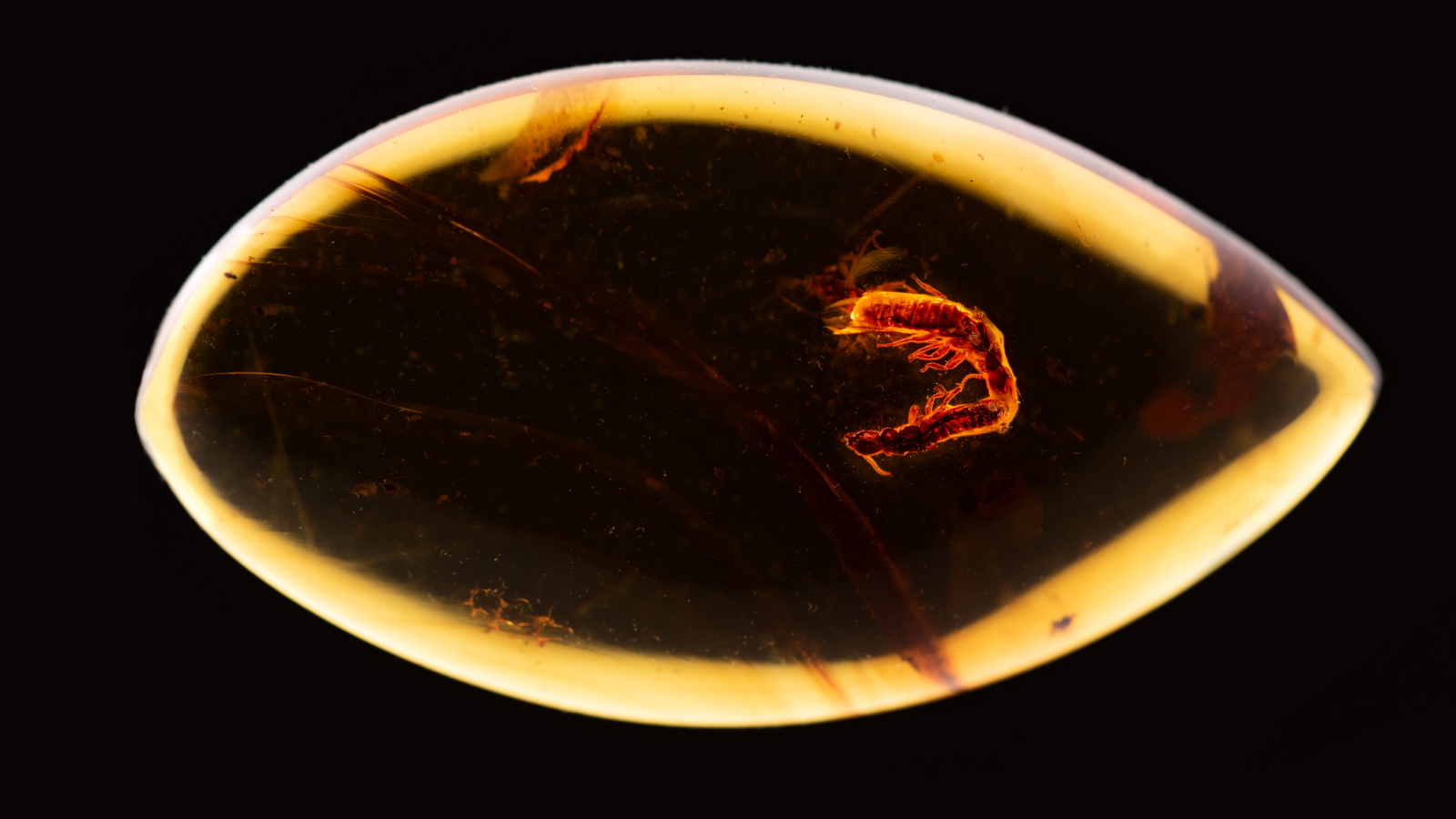
Courtship cut short for termites trapped in 38 million-year-old amber fossil
By Patrick Pester published
Amber containing a pair of termites pulled from a Russian mine reveals their mating behavior hasn't changed for tens of millions of years.
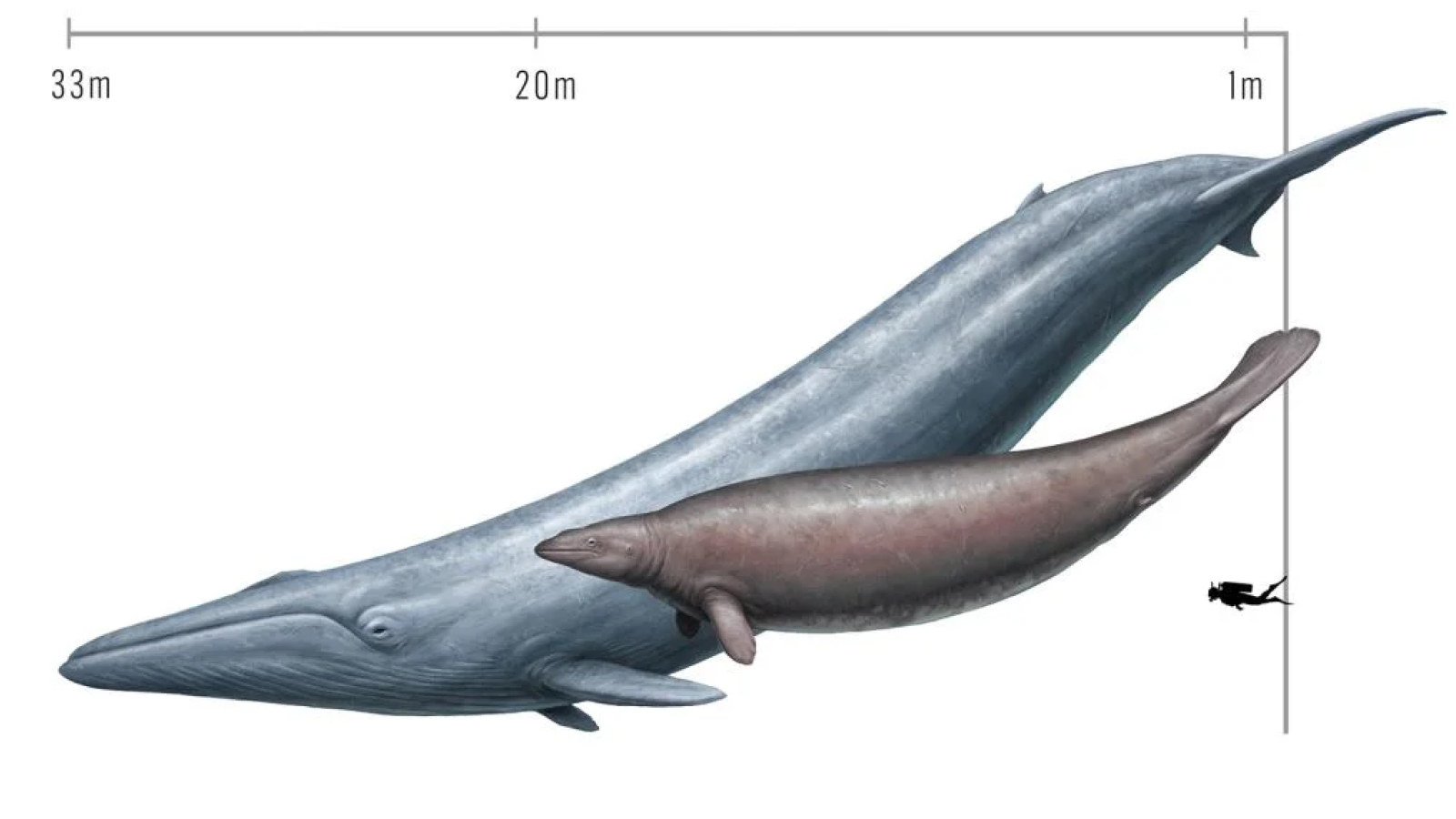
Colossus the enormous 'oddball' whale is not the biggest animal to ever live, scientists say
By Patrick Pester published
Researchers have re-estimated the weight of Perucetus colossus, and claim it's much lighter than a blue whale.
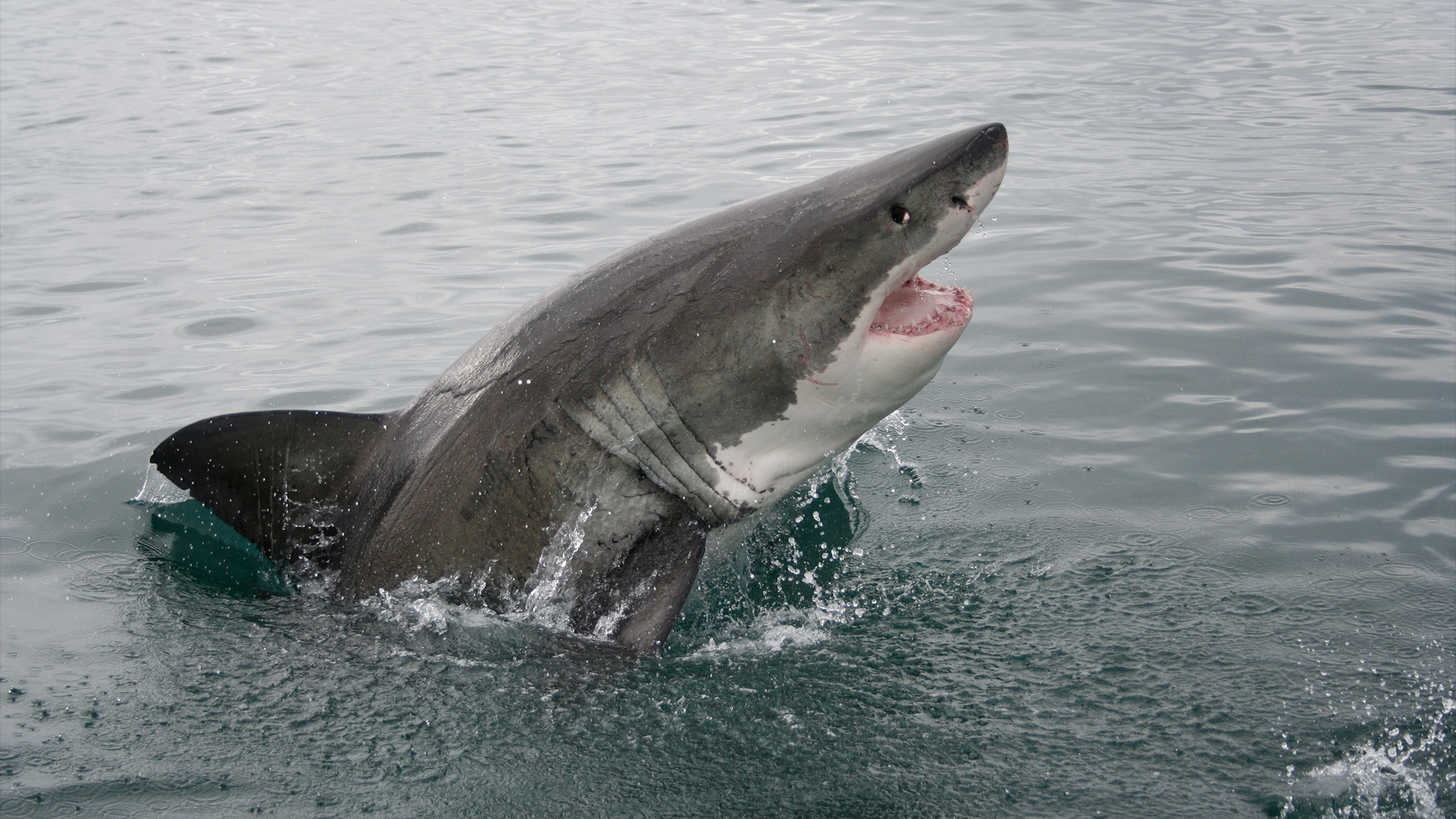
16-foot-long shark bites stranded pygmy whale's head off as human tries to rescue it
By Patrick Pester published
A shark instantly killed a stranded pygmy sperm whale on New Zealand's Māhia Peninsula, where officials had warned about increased shark activity.
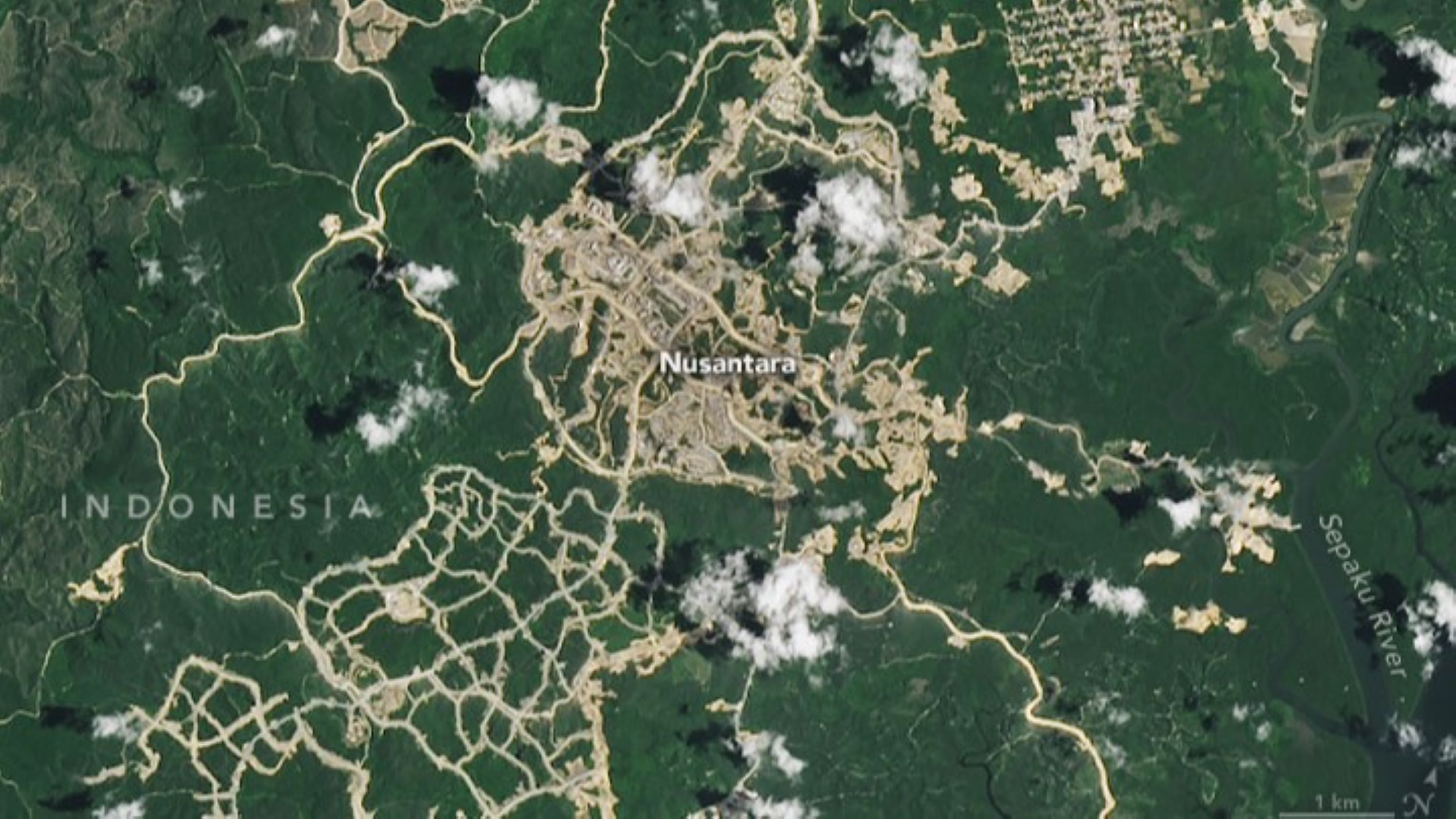
Striking new satellite images show Indonesia's new jungle capital taking shape
By Patrick Pester published
Nusantara will be the new capital of Indonesia as Jakarta continues to subside below sea level.
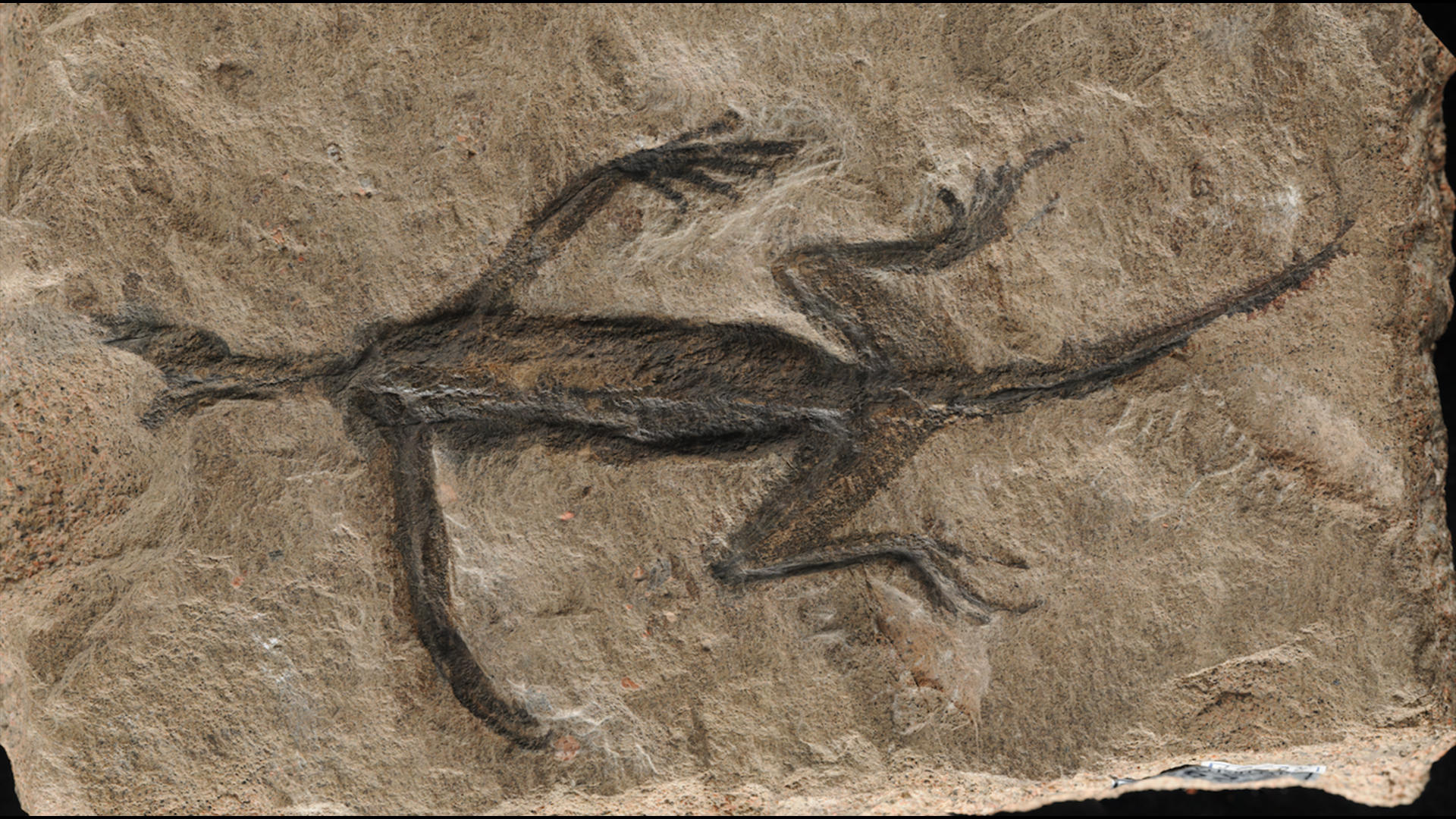
Only part of rare 280 million-year-old fossil is real — the rest is mostly paint
By Patrick Pester published
Researchers have found that a fossil of the lizard-like Tridentinosaurus antiquus is mostly fake.

Temperature inside Chicxulub crater after dinosaur-killing asteroid hit revealed with 'paleothermometer'
By Patrick Pester published
Researchers measured the temperature of the Chicxulub crater 66 million years ago, unlocking mysteries of the dinosaur-dooming mass extinction event.
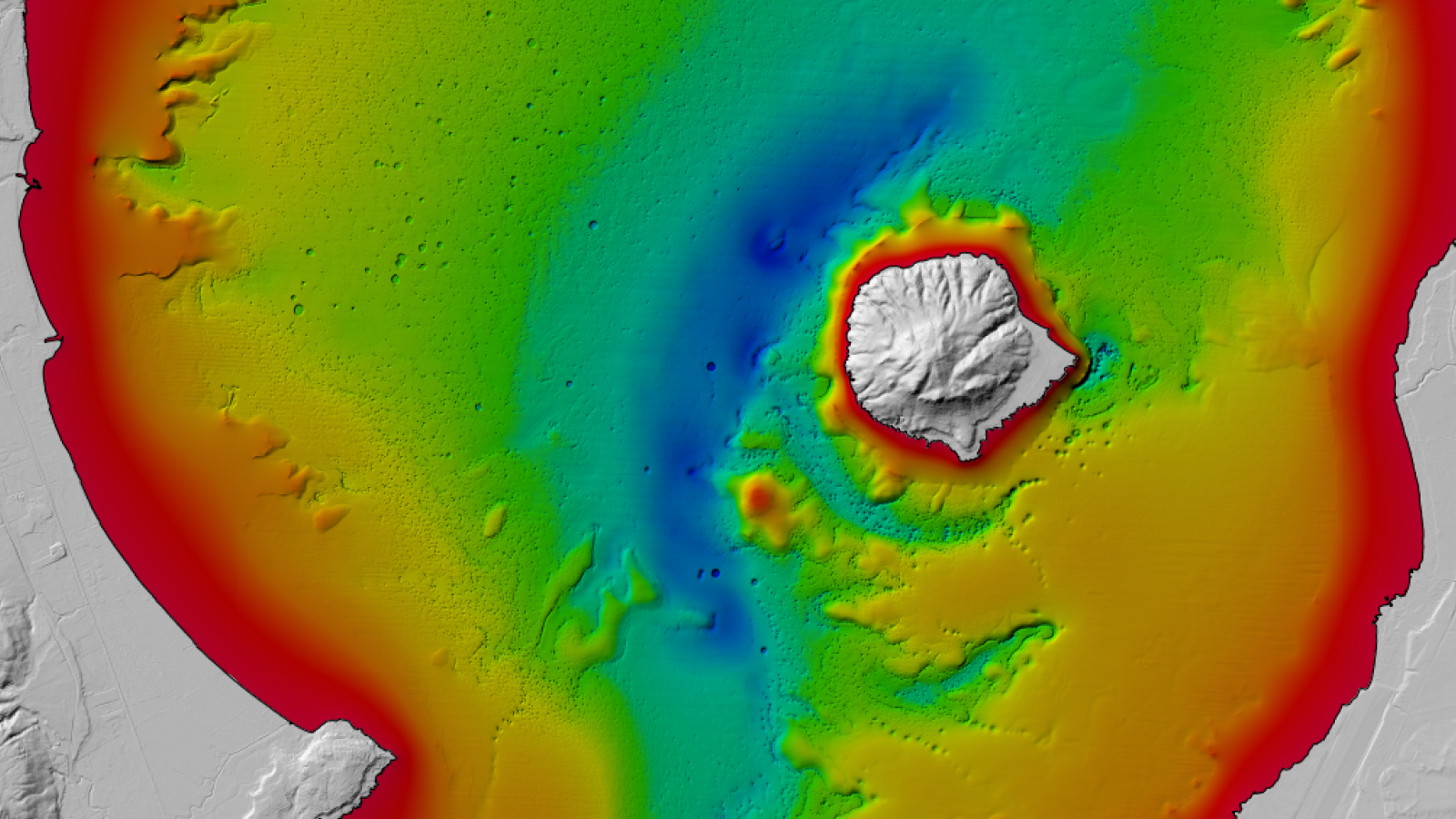
Major 'magnetic anomaly' discovered deep below New Zealand's Lake Rotorua
By Patrick Pester published
Lake Rotorua, which sits at the heart of a dormant volcano and is the setting for one of New Zealand's most famous Māori love stories, has been mapped in detail for the 1st time.

Gargantuan 'star lizard' was one of the last (and largest) dinosaurs of its kind
By Patrick Pester published
Scientists spent years retrieving fossils of the Cretaceous sauropod, which they've named Sidersaura, or "star lizard."
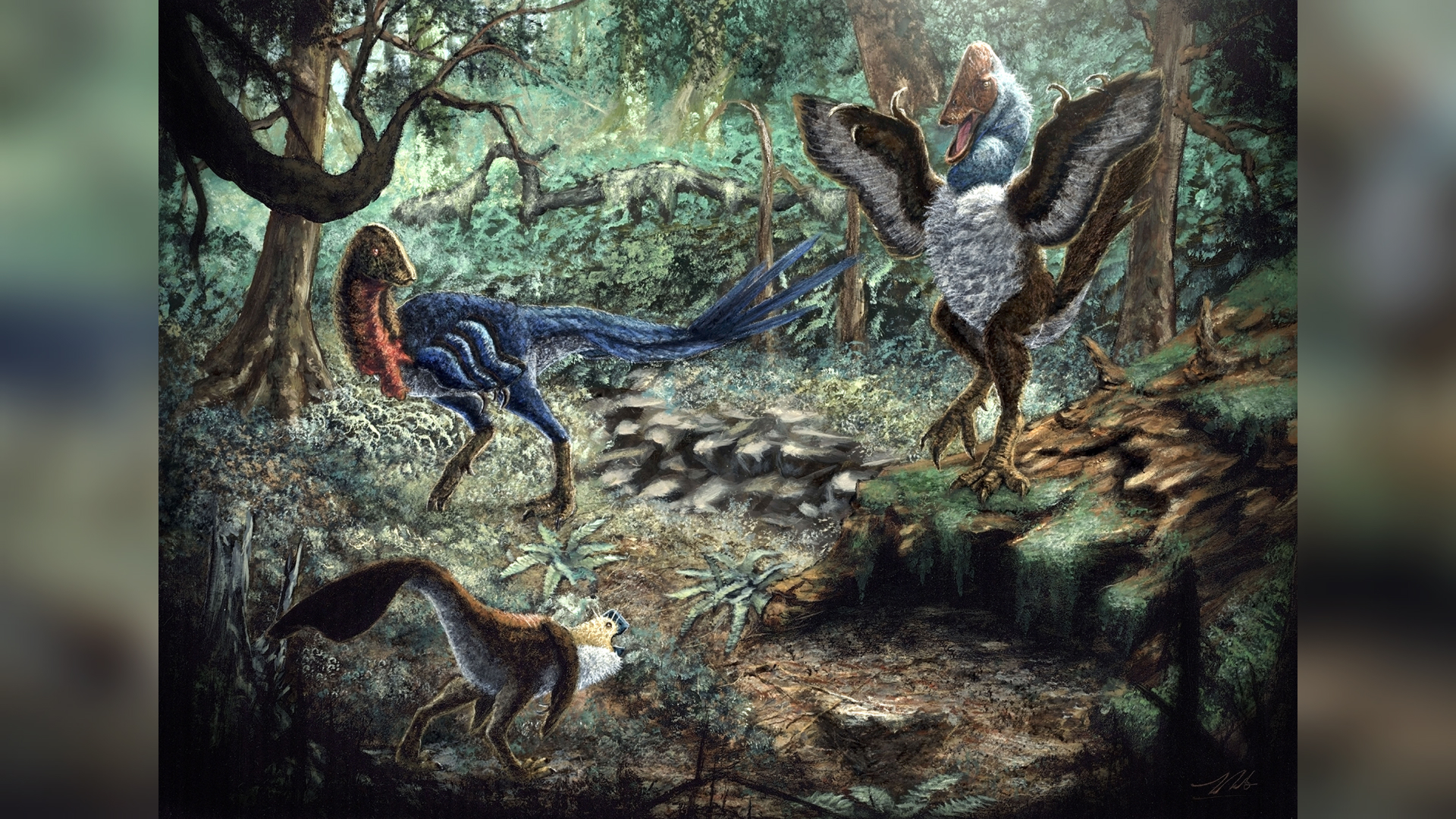
'I felt my heart skip a beat': Researcher discovers dinosaur 'chicken from hell' after buying fossil online
By Patrick Pester published
A "chicken from hell" dinosaur that lived just before the asteroid struck has been discovered in South Dakota.
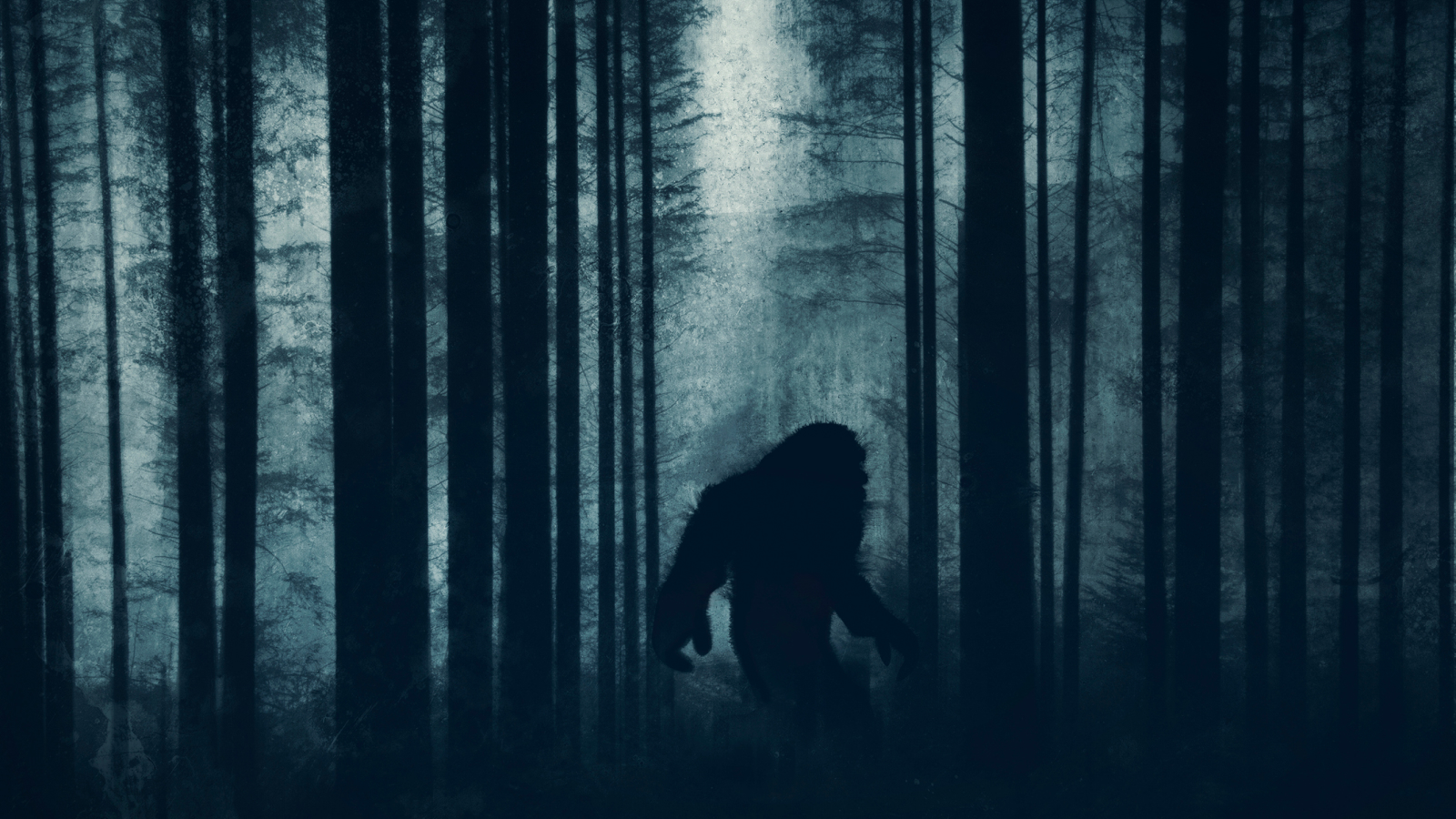
Bigfoot? Sasquatch? Nope, it's probably just a black bear — unless you live in Florida
By Patrick Pester published
Bigfoot reports across North America have been linked to the presence of black bears, but the research can't account for sightings in Florida.
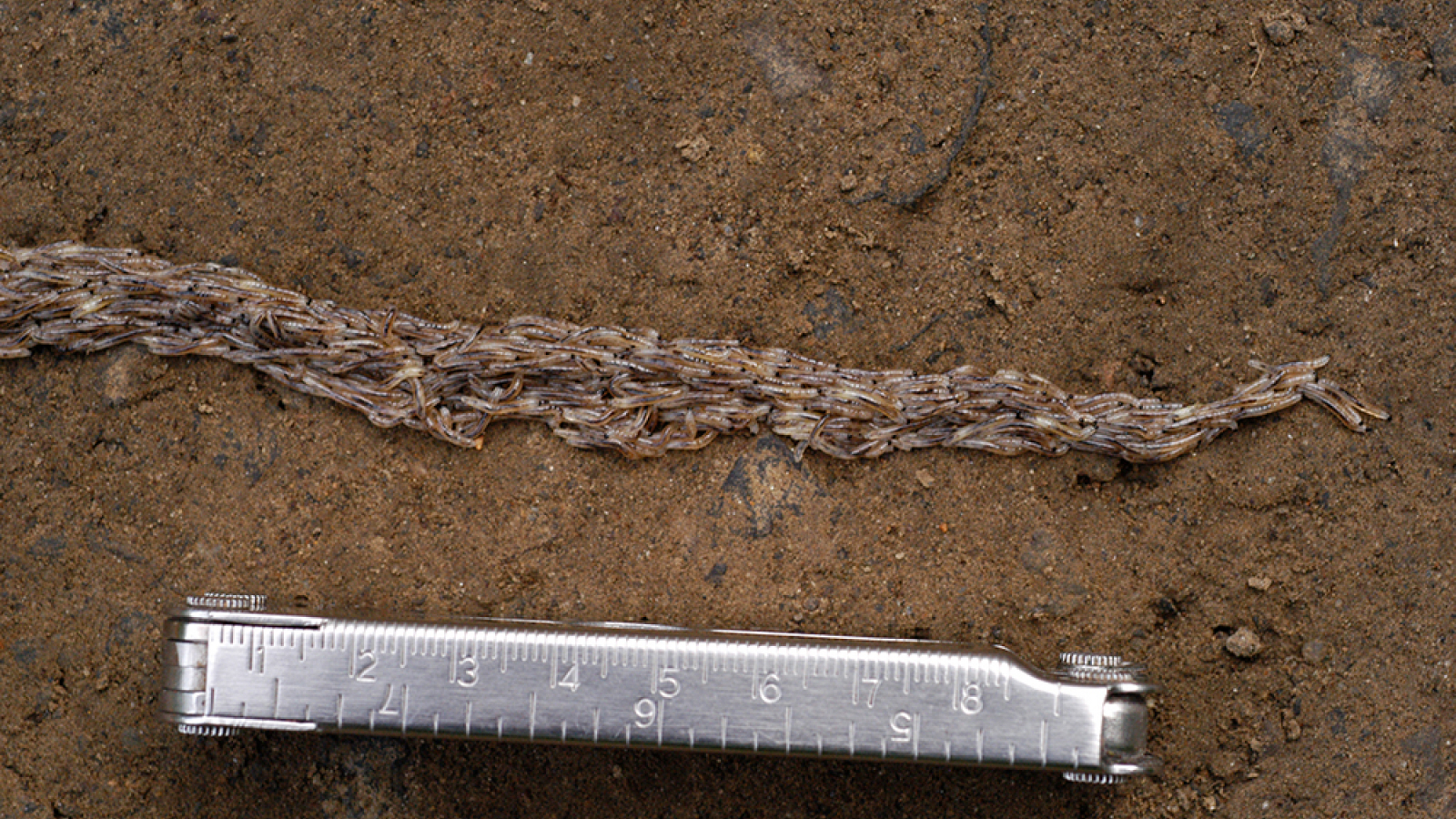
A bizarre 'snake worm' has baffled scientists for over a decade, now they know what it is
By Patrick Pester published
A newfound species of fungus gnat is behind Alaska's "snake worm" mystery, in which thousands of fly larvae moved together in the shape of a snake.
Sign up for the Live Science daily newsletter now
Get the world’s most fascinating discoveries delivered straight to your inbox.
